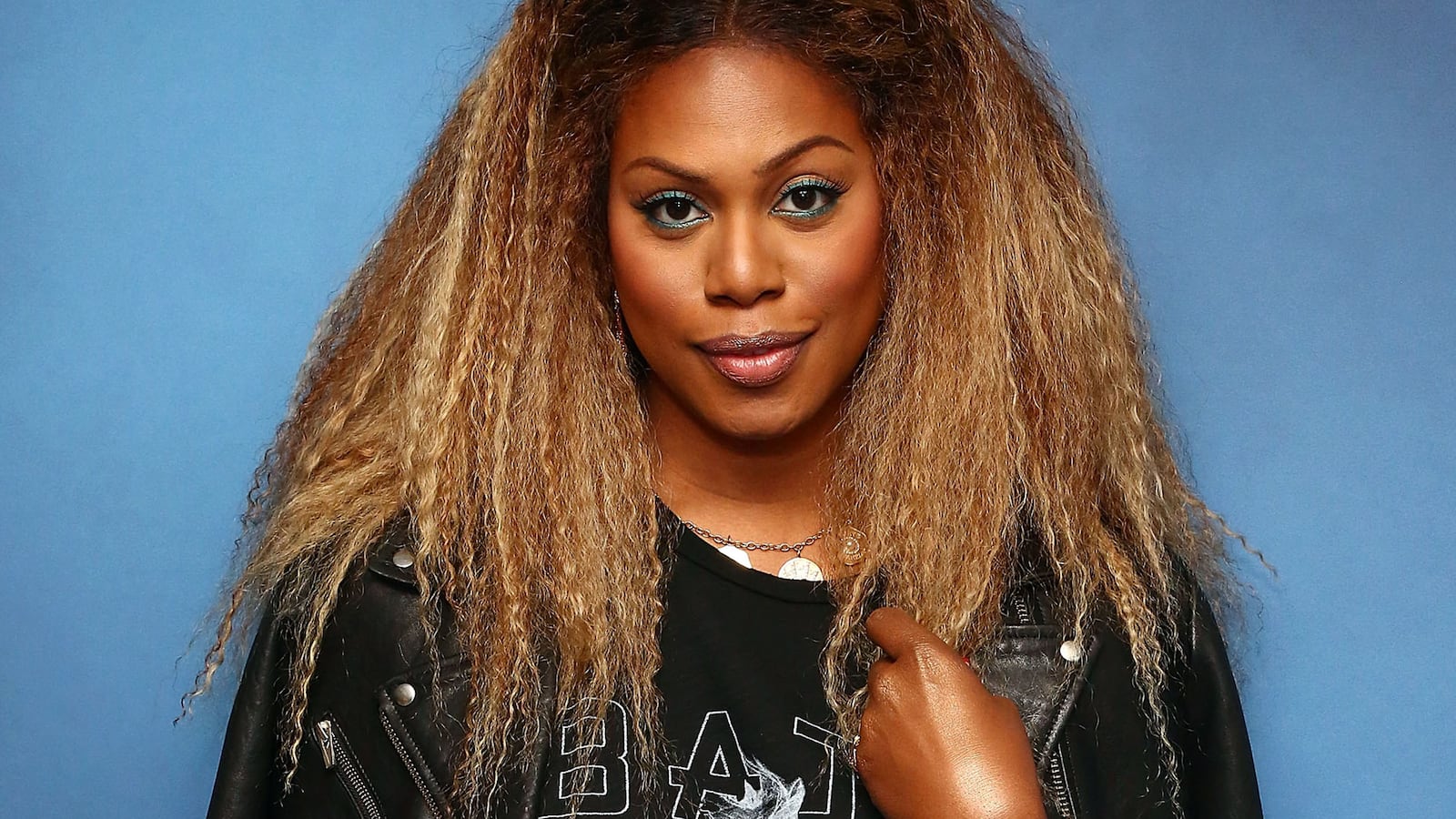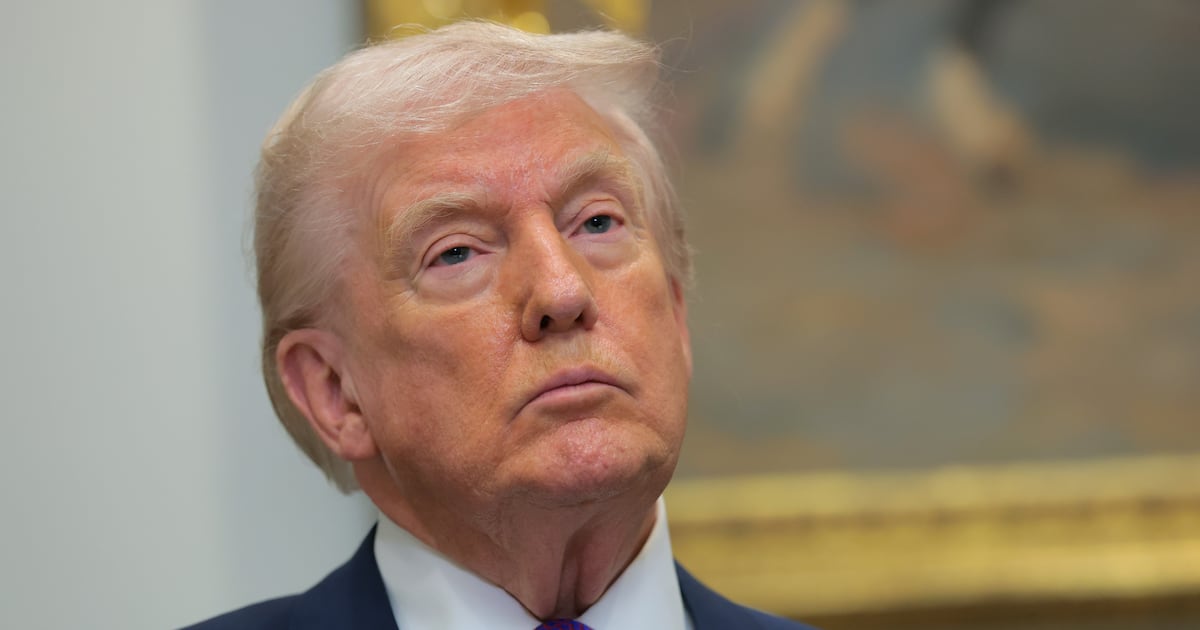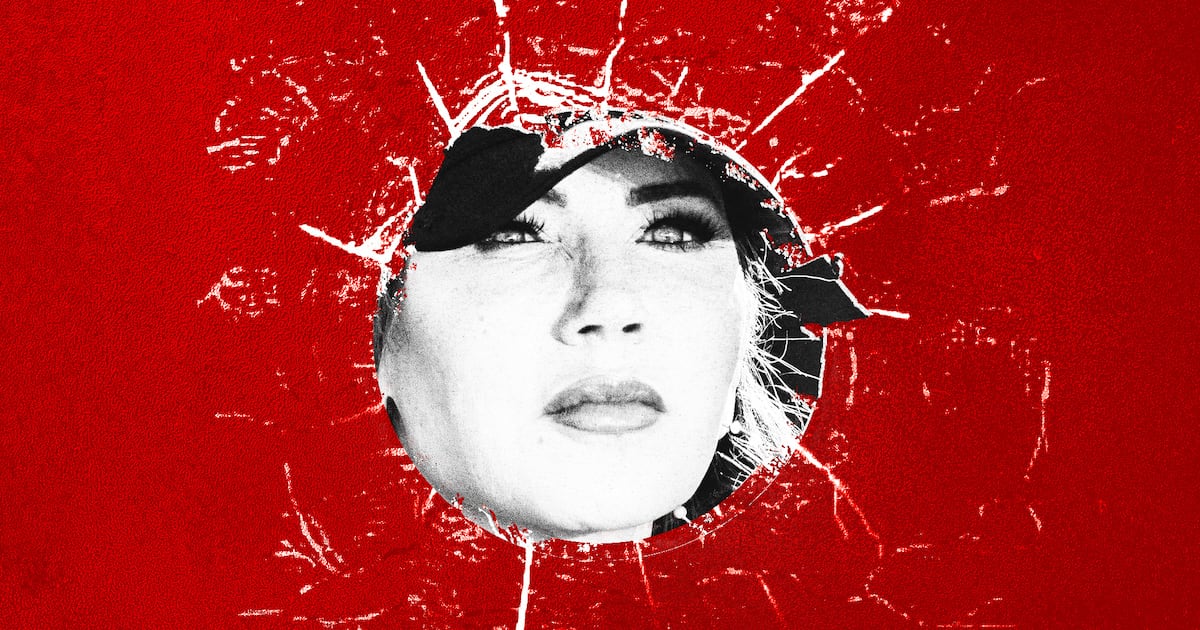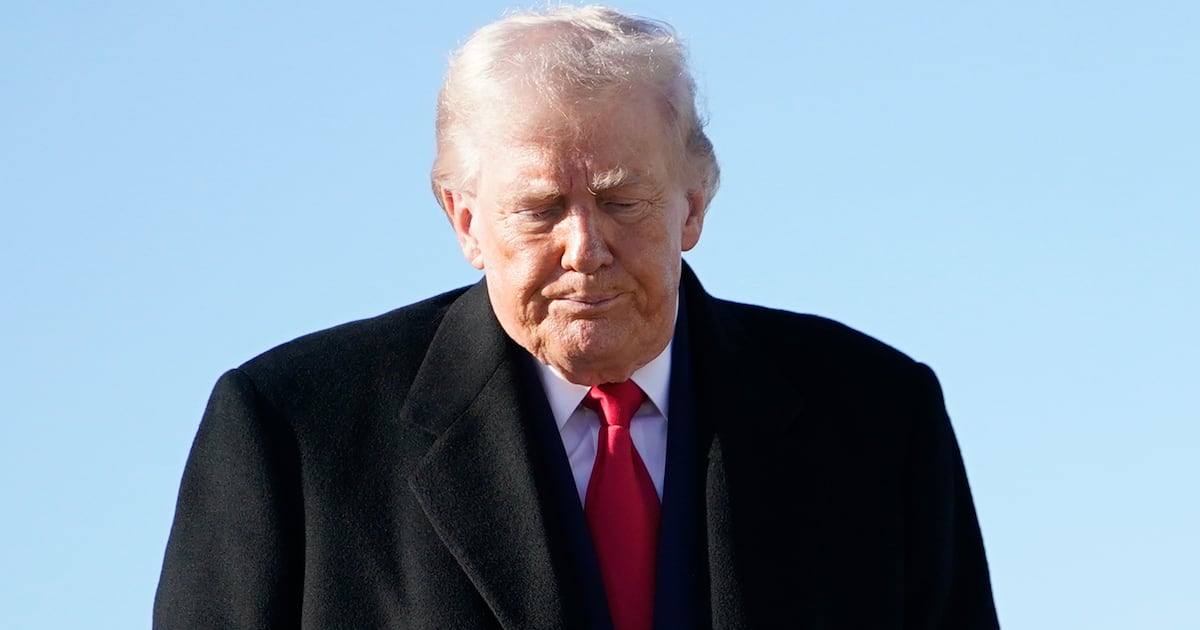“I think we can Google ‘Laverne Cox’ and see how often I respond to individuals,” says actress and activist Laverne Cox, whose new documentary on trans visibility Disclosure will release next week on Netflix.
The individual she is referring to in this instance is Harry Potter creator J.K. Rowling, whose recent series of dangerously transphobic statements has dominated headlines and been staunchly condemned by trans activists and allies.
“I love individuals. I love people, I love human beings,” Cox tells The Daily Beast. “But I’m critical of ideologies. And I’m critical of systems of oppression. And when I think about the comments to which you allude, I think about how power works. Power works in part by dividing and conquering.”
Disclosure explores, among other things, the contrast of today’s historic trans visibility in media against the legislation that threatens trans rights and encourages the rise of anti-trans violence. Our discussion with Cox about Rowling’s comments arises in relation to a powerful quote at the beginning of Disclosure from trans historian Susan Stryker: “Why is it that trans issues have become front and center in the culture wars?”
We asked Cox about Rowling’s words as well as the burden of expectation, as a trans public figure, to speak out each time there’s a news cycle surrounding statements like Rowling’s. She used the opportunity to speak about the broader issue of power imbalances and the dangers at play.
“The ‘divide and conquer’ method of pitting women’s rights against the rights of trans people has been a very effective tool for dividing marginalized people,” she said. “So then what we’re seeing in that moment [with Rowling]… is that we’re pitting marginalized communities against each other.”
“I think if we are smart as trans people, as people of color, as women, we will see that these things are deeply problematic, and that these things do not get us closer to the justice that we need for everybody,” she continues.
“So that’s what I think about when I think about moments like that,” she concludes, referring to Rowling’s statements. “How do we work vigilantly to not allow ourselves to be pitted against another marginalized community? I want to proceed with love towards everyone, and then be critical of the ways in which power seeks to divide and conquer.”
Rowling stoked resounding outrage and disgust this week when she published a series of transphobic tweets. Among other things, she mocked the use of non-gendered language and insisted that “erasing the concept of sex removes the ability of many to meaningfully discuss their lives.”
She then cemented these views in a subsequent 3,600-word essay that, as The Daily Beast’s Laura Bradley wrote, “attempts to characterize her views as feminism,” but in reality is “a rhetorical dumpster fire—an almost exhaustive collection of the bigoted dogwhistles that put trans people in danger every day.”
As Black Lives Matter protests take place around the globe, organizers are rightfully enveloping Black Trans Lives Matter into the demonstrations’ message, boosting awareness of how the trans community is disproportionately susceptible to violence and police brutality.
In just the time since George Floyd’s murder, Tony McDade, who is black and transgender, was killed by police in Tallahassee. That Rowling would choose this time to espouse such inciting, harmful views is unconscionable.
Various members of the Harry Potter cinematic universe, including Daniel Radcliffe, Emma Watson, and Eddie Redmayne, have condemned Rowling’s essay and tweets, and celebrities have joined a movement to post on their Twitter feeds, “Trans women are women. Trans men are men. Non binary people are non binary.”
More of our conversation with Cox and Disclosure director Sam Feder will publish next week.







